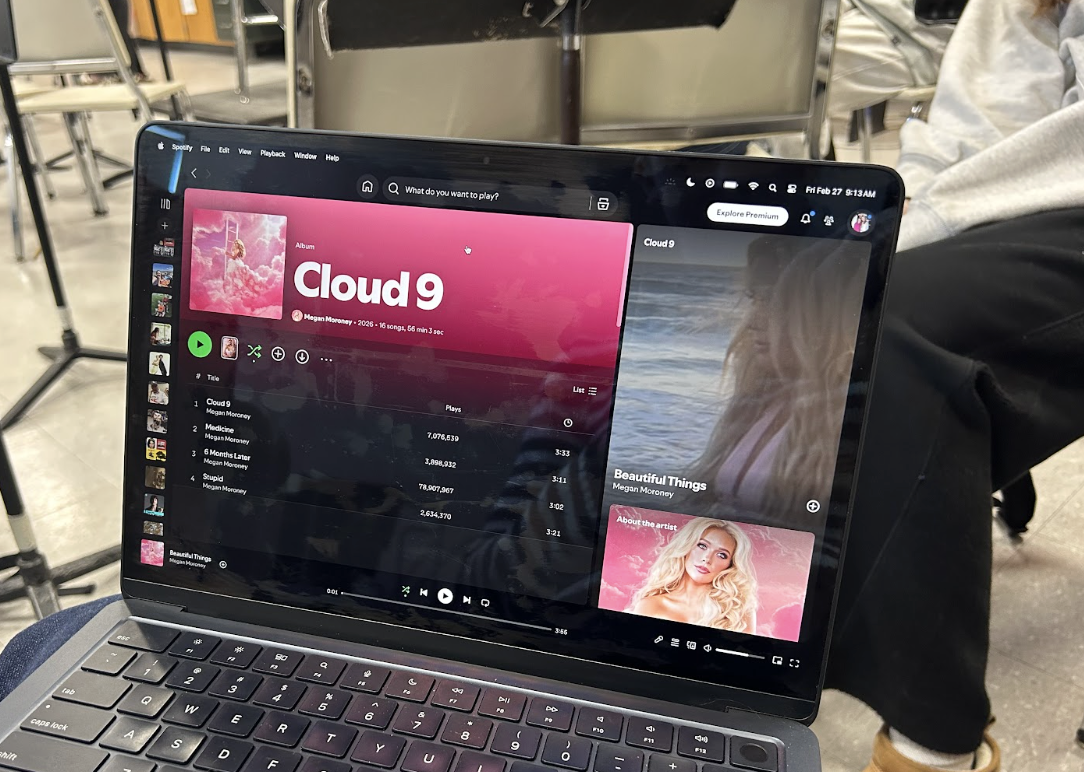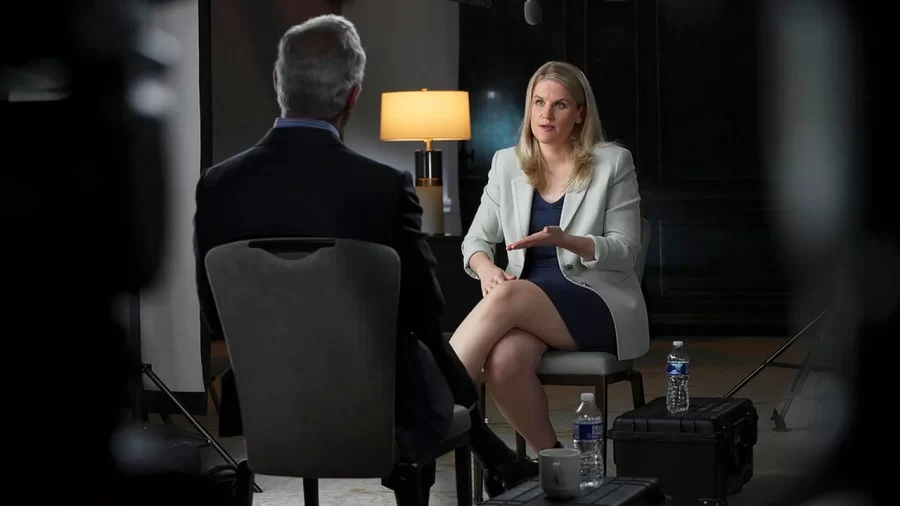The Facebook Scandal
A former member of the Facebook headquarters, Frances Haugen, came forward on CBS’s 60 Minutes exposing documents that serve as the basis for a series of accusations on the Wall Street Journal known as “The Facebook Files.”
November 1, 2021
Whether you like it or not, it is likely you have heard of or come across the websites known as Facebook and Instagram. Facebook was first created by CEO and entrepreneur Mark Zuckerberg. Then came Instagram in 2010, which was then bought by Facebook HQ. These social media platforms allow their users to post about their lives while keeping up with the lives of others. Since its founding in 2004, Facebook has had its ups and downs. However, recently a large scandal has surfaced that may be the app’s most prominent in history.
A former member of the Facebook headquarters, Frances Haugen, came forward on CBS’s 60 Minutes exposing documents that serve as the basis for a series of accusations on the Wall Street Journal known as “The Facebook Files.” One of the stories includes how Facebook is aware of the harm their content could be causing. An example of this harmful content is spreading misinformation and displaying unrealistic beauty standards to its users. Despite this, Facebook has only been making changes to their platforms to benefit themselves and earn themselves more money.
This is one of the first and only times any former Facebook employee has spoke out against the company with such detail, let alone not anonymously. In response to the array of articles published by the Wall Street Journal, Facebook held a study of their own, attempting to discredit prior damaging findings against them. However, they chose to disregard the shocking evidence provided by the journal revealing that 6% of American teenagers studied with suicidal thoughts traced their depression back to Instagram.
It is clear Facebook and especially Instagram are popular among HHS students. As said by junior Bayan Traiba, “I’ve had Instagram since elementary school.” With an immense amount of teenagers and children even younger using Facebook and/or Instagram, it is concerning the damage each app could be causing from such a young age, without its users even knowing. The apps continue to project images of what is considered “ideal” to its credulous users, leading to insecurities if one does not believe they conform to these unrealistic standards. These small insecurities can have catastrophic effects in the long run and lead to mental health issues like anxiety and depression that one may battle with throughout their life. Additionally, HHS junior Vivian Nguyen states, “It’s unfortunately not shocking to see that Facebook and Instagram itself take little action to prevent the spread of misinformation and toxicity that wreaks havoc on younger generations, because their company benefits greatly from the amount of young users it has.” Facebook continues to spread misinformation that may have a negative influence on children and teenagers on the app, likely because stricter guidelines would result in less users and less benefit for them overall. However, Facebook should not focus on self-benefit, but on bettering the mental health and stability of future generations. Despite this, Facebook is continuing to defend themselves against the evidence provided by Haugen.































